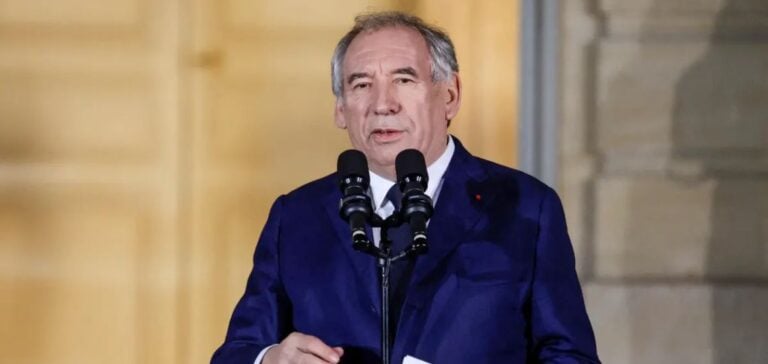The French government is preparing to publish a decree on the Multiannual Energy Programming (Programmation Pluriannuelle de l’Énergie – PPE) by the end of summer 2025. This decision, confirmed by Marc Ferracci, France’s Minister for Industry and Energy, is being taken independently of legislative discussions surrounding the so-called “Gremillet” law. This legislative proposal, intended to set the framework for the country’s energy strategy over several years, recently underwent significant modifications during preparatory debates. Among notable adjustments was the temporary removal of an article regarding the maintenance and expansion of France’s nuclear fleet, a provision the government intends to reintroduce in upcoming parliamentary sessions.
PPE Decree and Nuclear Strategy
Marc Ferracci clarified that the PPE decree would be published before September, though subsequent adjustments may occur depending on the outcomes of parliamentary debates. He also affirmed that the government’s general orientation remains unchanged, with a focus on decarbonization and an energy mix combining renewable energies and nuclear power. The recently signed nuclear sector contract for the period 2025-2028 explicitly outlines the launch of the next-generation nuclear reactor program, EPR2, scheduled for completion by 2038. Preliminary financial details for this project have already been submitted to the European Commission, a necessary step to validate the economic framework and financial commitments required for its successful implementation.
Significant Increase in Energy Efficiency Certificates
Alongside these developments, the Minister announced a substantial increase in the targets associated with Energy Efficiency Certificates (Certificats d’Économie d’Énergie – CEE), a regulatory mechanism requiring energy suppliers to finance consumer energy-efficiency improvements. The government aims to increase obligations imposed on relevant companies by approximately 25% for the period 2026-2030, compared to the current period (2022-2025). Financially, this mechanism currently represents an annual envelope between 4 and 6 billion euros, directly funded by the companies involved.
Strategic Refocusing of Energy Priorities
At the same time, Marc Ferracci confirmed that the government intends to reduce actions deemed ineffective or prone to creating windfall effects within the framework of the CEE. The executive will now prioritize measures explicitly targeting the decarbonization of the transport sector and enhancing energy performance within residential buildings. This shift aligns with a broader strategy aimed at improving the economic efficiency of the program while responding to energy priorities defined by the French state. Consequently, the companies involved must prepare for significant regulatory changes in the coming months to adapt their operational strategies accordingly.






















